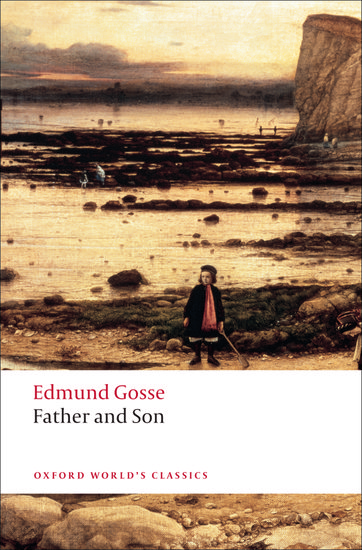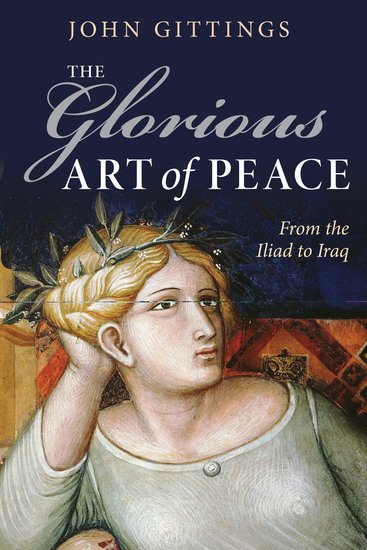Middle East food security after the Arab Spring
By Eckart Woertz
Syria and Egypt paradigmatically highlight the perils of food security in the Middle East. Oil exports of Egypt, the largest wheat importer of the world, ceased at the end of the 2000’s. Generating enough foreign exchange for food procurement became more difficult and plans for more self-sufficiency have failed in the face of limited water and land resources.













